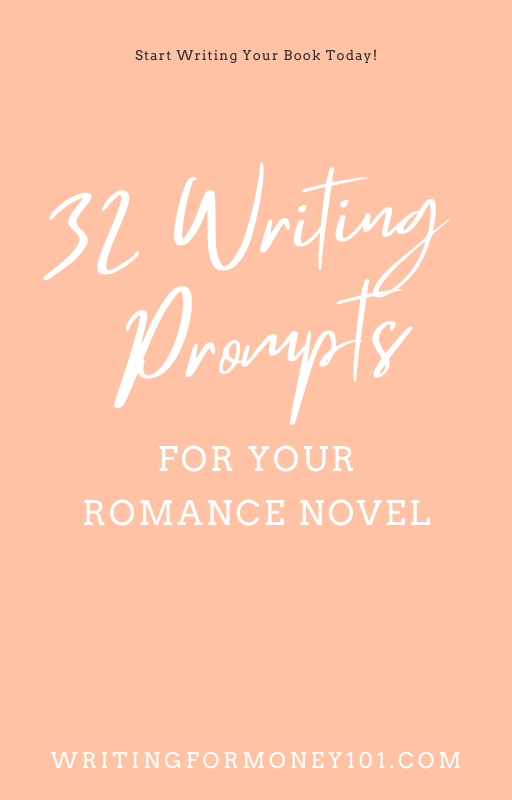
Wondering how to promote your self-published book? After spending months or even years writing your book, you understandably want to share it with the world. However, if your potential readers can’t find your book, they can’t read it. What are smart book promotion ideas for indie authors?
Table of Contents
Book Marketing Ideas for Your Indie Book That Work
Traditional book publishers provide book marketing services. These publishers have a broad reach and can get books in front of the right audience. As a self-published author, book marketing falls on your shoulders. You may hear self-published authors say they spend more time marketing their book than writing it. This is entirely true.
The good news is that there are numerous book marketing ideas that work. Often, a self-published author will find a few options that work best rather than focus on all of them. How can you promote your indie book?
1. Create a Website and Blog
Whether you have one indie book or a large collection, a professional website is a “must.” Your website allows your readers to meet you as a person. By allowing your readers to know you and connect with you, you can build a fan base. Many authors may not sell many copies of their first books, but by building their fan base, they sell progressively more copies of their next books.
Your website also serves as an e-commerce platform for direct indie book sales. You can create payment links through sites like Gumroad or Payhip.
With a professional author website, you can set up a blog. As you continue to publish blog posts regularly, you can generate organic website traffic to increase your visibility. Your blog posts can be marketed on various platforms as well. For example, you can post them on LinkedIn, Twitter, Facebook and others. By doing so, you draw traffic to your website to raise awareness about your books. You can also use your blog to promote your upcoming indie book launches.
While creating a website and blog can seem intimidating if you have no prior tech experience, rest assured that it is easy for anyone to do regardless of their background. You can purchase your domain name, design your website and publish blog posts all through platforms like BlueHost and WP Engine.

2. Create a Mailing List and Newsletter
Through your author’s website, set up an email capture system. This is easy to do through OptIn Monster. If you set up your website through BlueHost, the OptIn Monster plugin is already installed. In a few simple steps, you can add a pop-up to your website that asks visitors to sign up for the newsletter. Over time, you’ll build a sizable mailing list. With this mailing list, you can tease future books, announce pre-sales and market your next indie book in other ways.
Generally, this is not a solid book marketing idea for your first book unless you already have a large mailing list. However, because it can drive sales on future books and takes time to nurture, you should start working on your mailing list today.
3. Use the Power of Social Media
Social media is a powerful and free resource available to indie authors. You can promote your indie book for free on all of your social media accounts to your many followers. Take a step further by asking your followers to share your post or tweet with their contacts as well. By doing so, you can get your book in front of thousands of potential buyers at no cost.
While you don’t want to annoy your friends and family with multiple announcements for the same book, you can post a reminder a few months later. You can also make a post for the first book right before its sequel is released.
4. Optimize Your Book Landing Pages on Major Retail Websites
On most book retailer websites, such as Amazon, Barnes & Noble and others, you can create an author profile page. You can also customize the content on your book’s landing page. First and foremost, the content should be well-crafted and appeal to your audience. It needs to grab the reader’s attention so that they are driven to make a purchase.
Second, it should be optimized for search engines. Your landing page can be ranked on search engine results just as any other website page can be. Spend time learning about search engine optimization and research keywords. This will make it easier for your book to be found on general searches as well as for in-platform searches on Amazon and other websites. You can then apply this SEO knowledge to your author website and blog.
5. Take Advantage of Special Amazon Promotions
Amazon controls the lion’s share of the book retail market, so your book should be listed on Amazon. When you sign up, review the terms of the Kindle Direct Publishing Select Program. Through this program, you can take advantage of limited-time free book offers and Kindle Countdown deals. These are excellent ways to get reviews and build your fan base.
6. Focus on Book Reviews
Book reviews are gold for new authors. They provide social proof that is integral to driving sales. However, until your book marketing efforts are successful at producing book sales, getting reviews isn’t possible. Or is it?
There are a few ways to get reviews, such as by using Pubby. You’ll get bombarded with emails offering book reviews, but don’t use those. Those don’t comply with Amazon’s rules and can have devastating consequences. Pubby complies with Amazon rules and is a great way to get reviews, albeit rather slowly.
There are other ways to get book reviews. For example, you can distribute your book to ARCs, or Advanced Review Copies. You can also develop relationships with relevant bloggers and influencers who share your same target audience.
7. Engage with Fellow Authors
Networking is huge for authors. Through author collaborations, you can set up group events on social media, promote each other on your newsletters and encourage growth in other ways. You can also reach authors through book clubs, Wattpat, Goodreads and Reddit.
8. Pay for Advertising
Some authors will tell you that paying for advertising a first book isn’t worth the money. They suggest saving your money for promoting future books that are more likely to sell better. If you pay for advertising, test the waters with a small amount of funds. Use A/B testing, and always have a cutoff date for each marketing campaign. Places for paid advertising are BookBub, Facebook and Amazon. There are also places like Bargain Booksy, Fussy Librarian and others.
Other Book Marketing Ideas
There are many other opportunities for book marketing to explore:
- A virtual book launch
- Local media features
- Book readings
- Press releases
The challenges of marketing books as an indie or self-published author are considerable, but don’t let your frustrations today deter you from writing more books. Many successful authors will attest to selling more copies of the next books. You simply have to get momentum, and that starts today!
